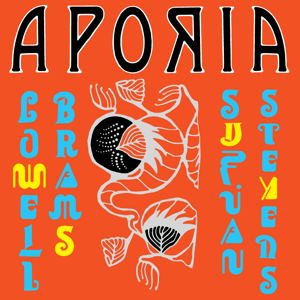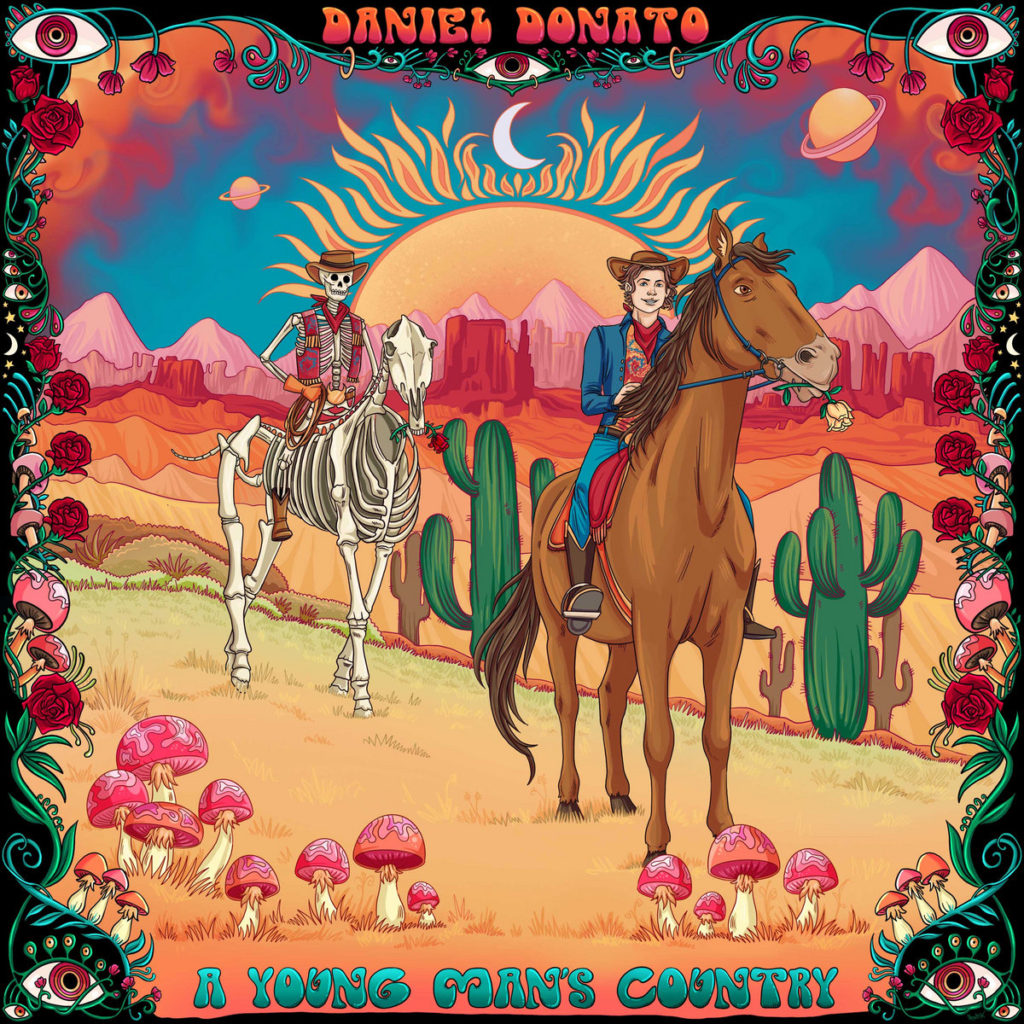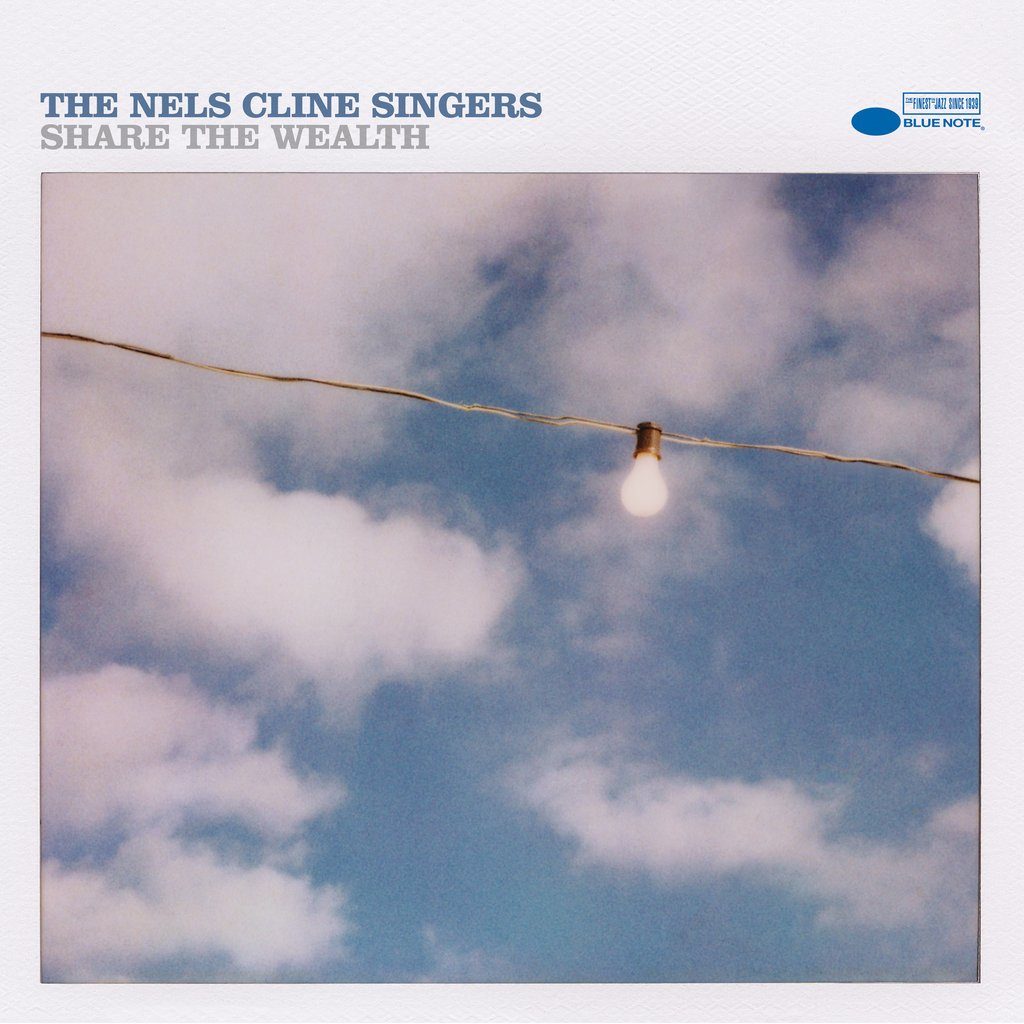Three decades ago, or so the story goes, Tom Waits would break up live sets of the late-night beatnik-bard jazz — then his calling card — by grabbing a newspaper and sculpting a song or two around the headlines and news-briefs of the day. The exercise seemed like an attempt to capture something immediate and raw, maybe put an aching reprise or an emotional undercurrent beneath a story so familiar the crowd would’ve passed over it on their way to the funnies or the crossword puzzle.
Waits pulls a similar trick on his latest offering, a limited-edition, three-disc set chronicling years worth of B-sides, lost gems and studio outtakes. The track, “Road To Peace,” revolves around the long-running conflict between Israelis and Palestinians and it tells you a lot about what to expect from Waits’ latest release.
The song itself is a bizarrely addictive but straightforward affair: seven minutes of lurching blues accented with a walking upright bassline and soulful blasts of electric guitar. Waits, who adopts an emotive and wobbly long-form narration, allows the details to drive the story. (An 18-year-old Palestinian boy, disguised as an Orthodox Jew, blows up a bus in Jerusalem, triggering an Israeli military attack on a Hamas militant, which then leads to the killing of five Israeli soldiers.) The chorus, if you will, hammers home the point that violence and hatred ironically continue to define the “road to peace.” Waits takes no sides and offers few (if any) grand political statements, some obligatory jabs at world leaders or Henry Kissinger aside. The track is far from Waits’ best work and even could be viewed as a yin to the yang of the more effective — and more apolitical — anti-war song “Day After Tomorrow.” But the song resonates and, 10 or 20 times through, you’ll still find yourself completely and eerily captivated by certain moments, whether it’s glassy shards of guitar or the way Waits’ voice sways and sinks when he sings lines like “The last thing that he said on Earth was ‘God is great and God is good.'”
Such is the verdict on Orphans, an often-jaw-dropping set that hits record stores just in time to make everyone’s “Best of 2006” lists and give Waits disciples new reason to celebrate. This is not Tom Waits’ best record, though its depth can be breathtaking. Its 54 songs can sound, almost by definition, imperfect, diamonds before the cut and polish and showroom presentation. Some are enticing but bizarre. Some seem to serve as sketches for work that’s appeared elsewhere or has yet to surface at all. But the whole package — wrapped around the loosely defined titles “Brawlers,” “Bawlers” and “Bastards” — is riveting, a collection that should humble lesser musicians who only can aspire to the mantle of Waits’ discarded work.
Orphans is also, in true Waits fashion, an incredibly eclectic work. Listeners will get a grimy Bill Haley-meets-James Brown dance-floor jukebox-stomp fashioned after Waits’ own “Jockey Full of Bourbon” (“Lie To Me”). They’ll hear full-throated blues with mournful guitars and wailing harmonica (“Rains On Me,” “Lord I’ve Been Changed,” “Lucinda”). They’ll be treated to dirgy, Bone Machine-era rock romps (“The Return of Jackie and Judy,” “LowDown”) and jazzy shuffles fueled by handclaps or junk-percussion (“2:19,” “Walk Away”). And that’s just the first disc (“Brawlers”).
On “Bawlers,” the second disc, Waits shifts gears with a 20-song set of piano ballads, jazzy melancholia and county-tinged odes. There’s not a dud in the pack and the standouts here are just as difficult to compress into a few sentences. Suffice to say fans of Waits’ 70’s-era work will find reasons to be moved close to tears (“You Can Never Hold Back Spring,” “It’s Over,” “World Keeps Turning”), those who loved Mule Variations will discover rusted blues gems that appear to hail from the period (“Shiny Things,” “The Fall of Troy”) and those familiar with the scope of Waits’ back-catalog will find their share of surprises (a grungy version of Leadbelly’s “Goodnight Irene,” a subdued country-and-western take on “Young At Heart,” a spirited new recording of the End of Violence soundtrack offering “Little Drop of Poison”). Tracks like “Down There By The Train,” a bluesy earthquake-aftershock where Waits’ hoarse moans rumble over understated piano and bass, will knock you off your feet.
Then, as strange as this might sound, disc three (“Bastards”) is where we really tumble down the rabbit hole. Here, Waits’ theatrical side struts about in all its glory, winding through morbid readings of Georg Buchner or Charles Bukowski, the drunken, �”Piano Has Been Drinking”-style jazz of “Altar Boy,” or an a cappella cover of Daniel Johnston’s “King Kong.” Yes, Waits’ surreal “Heigh Ho” surfaces, as does his bluesy cover of “Book of Moses” and a musical impression of Kerouac’s “On The Road.” The set’s final installment — 55 surreal moments strong — ends with two uncredited tracks, a great dead-pan joke about an old woman in a supermarket and some between-song banter about mysterious dog treats. (“I wasn’t really sure what it was, until I read the label on the back. And it said, “Bull penis.” I was a little shocked. I know you can get just about anything in this world. You can get a whale’s pancreas, if you wanted one. I could get you one. But, come on, a bull’s penis … And it said, ‘A real meat snack.’ There’s just no dignity in that.”)
Listeners, like myself, who’ve followed Tom Waits for years sometimes find it difficult to critically pick apart his work, instead waxing poetic about his place as one of America’s finest living songwriters or recalling where we were the first time we heard Nighthawks At The Diner or Small Change, Rain Dogs or Swordfishtrombones, Mule Variations or Real Gone. Orphans will, no doubt, inspire similar flights of breathlessness, present company included. It’s not a record for everyone, as those at Anti- seemed to realize when they decided to limit the number of copies pressed.
But, for those who may wonder if it lives up to the critical raves it’s sure to invite, you don’t need to look much further than a song quietly buried halfway through the second disc. The gauzy cover of Teddy Edwards’ “Little Man” is vintage Waits: somber piano at closing time, that smoky voice just a half-step above a broken whisper. The words Waits sings, accompanied by a sullen piano and saxophone, pulsing bass and brushed percussion, could be advice to his son as much as supplemental liner notes to the listener: “Little man/ Never hurry, take it slow/ Things worthwhile need time to grow/ Little man/ Don’t look back/ There are things that might distract/ Move ahead/ towards your goal/ and the answers will unfold.”
Here’s to more answers, then, and to more years. – Delusions of Adequacy, Dec. 20, 2006




